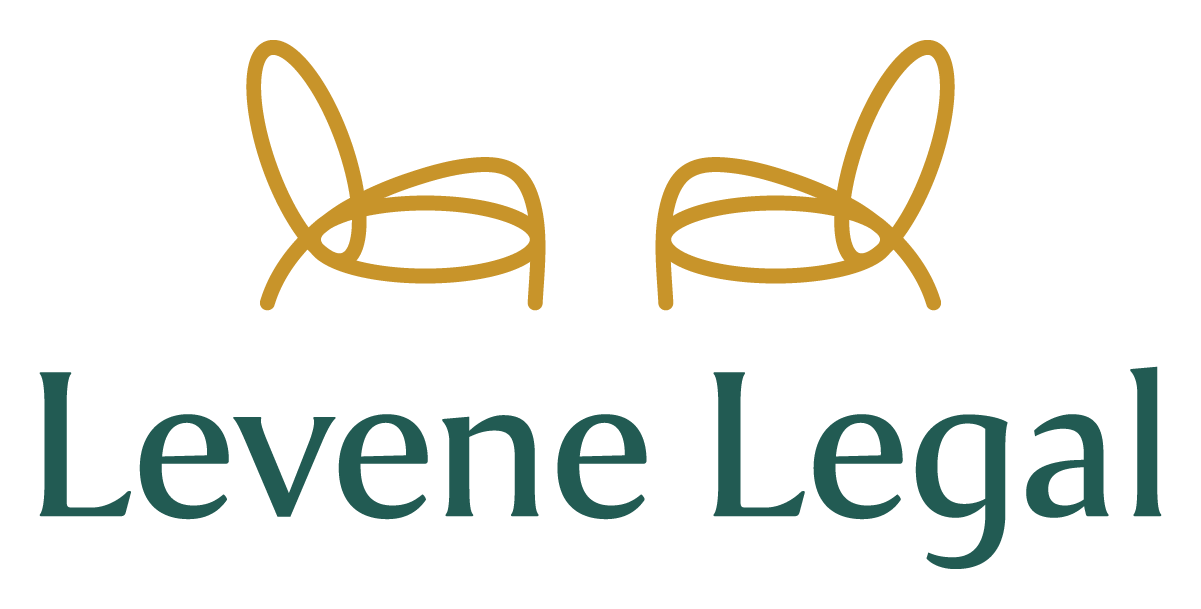How to Choose the Right Legal Structure for Your Business
So, you’re starting a new business. You’ve picked out a name and designed a logo. Now it’s time to pick the right legal structure for your business, a crucial decision that will affect how your business operates, how it’s taxed, and the level of your personal liability. Here are your options:
Sole Proprietorship
A sole proprietorship is the simplest form of business, where you alone operate your business without forming a separate entity. It’s easy to start, as no state filings are required, saving you on paperwork and fees. However, this simplicity comes with a significant downside: personal liability. You are personally responsible for all of the business's debts and obligations, meaning your personal assets could be at risk if a lawsuit is filed against your business.
Tax-wise, a sole proprietorship is not taxed separately. The business’s profits and losses are passed through to your personal income and reported on your tax return.
Partnership
A partnership involves two or more people owning a business together. While you aren’t required to file with the state to form a partnership, you must have a partnership agreement. The agreement can be oral but it’s wise to have a written agreement that clearly spells out the obligations and interests of each partner.
Like with a sole proprietorship, partners are personally liable for the business’ debts and obligations.
Partnerships must file an annual information return with the IRS but do not pay income tax at the business level. Instead, profits and losses pass through to the partners, who report them as part of their personal income.
Corporation
A corporation is a distinct legal entity separate from its owners, known as shareholders. Forming a corporation requires complying with state filing requirements, but this structure offers the advantage of liability protection. Generally, shareholders are not personally liable for the corporation’s debts and obligations.
Corporations are required to pay federal, state, local taxes. The business’s profit and losses are not passed through to the shareholders. Corporations can be subject to double taxation. If a corporation is doing well, they may choose to give dividends to their shareholders. The corporation pays taxes on the income and the shareholders pay taxes on the dividends.
Limited Liability Company (LLC)
An LLC blends the best aspects of sole proprietorships, partnerships, and corporations. An LLC is a separate entity from its owners, known as members. To form an LLC, you need to comply with state filing requirements.
An LLC provides members with liability protection. Generally, members are not personally liable for the LLC’s debts and obligations.
LLCs offer flexible tax options. Members can elect for the LLC to be taxed either as a partnership, where income is passed through to personal taxes, or as a corporation.
Selecting the right legal structure requires careful consideration of your business goals, risk tolerance, and plans for growth. While we know that can seem daunting, Levene Legal is here to help. We work with clients to select the legal structure that is best for them.

